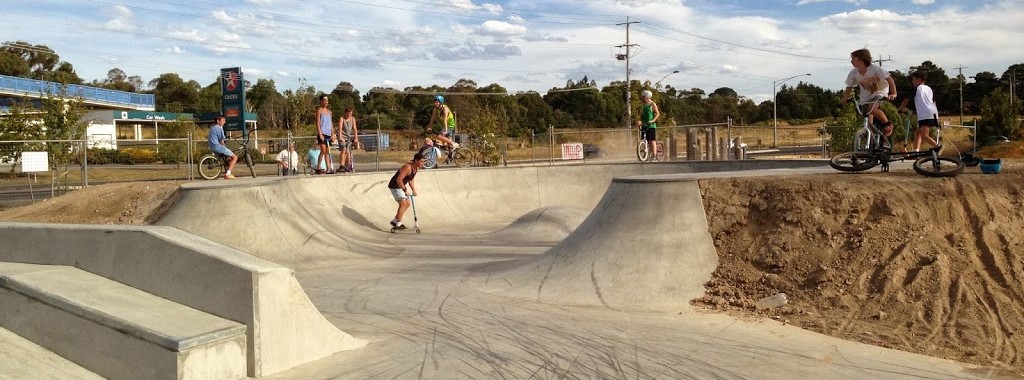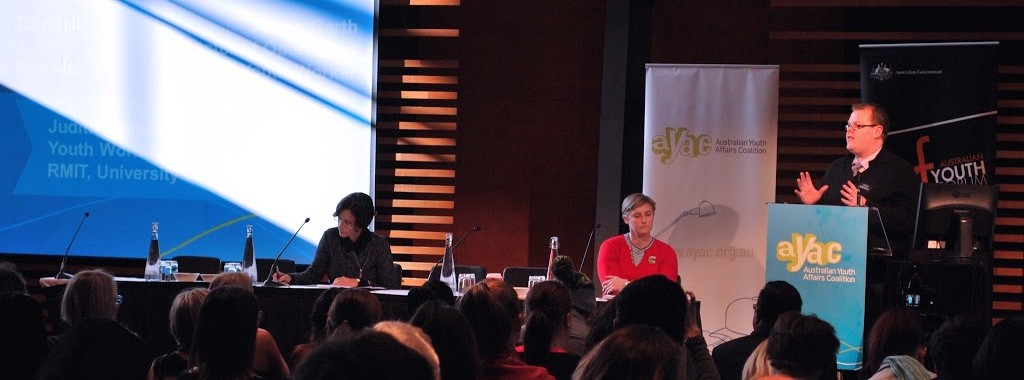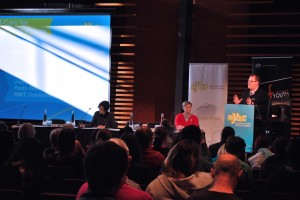Tag Archives: organisations
Passion needs to be tempered for effective youth work.
Leave us a comment below or post a comment on facebook and twitter.
If you haven’t yet, sign up for our newsletter to find out all the goings on at Ultimate Youth Worker. (Sign up here)
Why youth workers need to take a holiday.
You can also leave us a comment below or post a comment on facebook and twitter.
If you haven’t yet, sign up for our newsletter to find out all the goings on at Ultimate Youth Worker. (Sign up here)
Youth work organisations shirk their responsibility
Organisations must care for their staff
 |
| The average youth worker drowns in bureaucracy and its worse if they don’t look after their self care |
Many of the staff that we come across at Ultimate Youth Worker want to do their job to the best of their ability and they all say that they could use more support from their managers. Most managers we meet would love to support their staff but are drowning in paperwork and their own lack of support to be able to help anyone. Then when all hell breaks loose we crucify the staff and managers for not doing their job right. If there is not time to reflect and maintain self care what do we expect!!!
Reflective practice: Why we should journal.
Reflective practice is by no means a new idea in the field but it is one that is not widely implemented. Reasons for this are wide and varied but are mostly end up being because people do not know how to do it or what it would look like. In university courses there is often discussion about being critically reflective and aware of your work however when a student becomes a staff member the critical thinking is left behind an ever growing wall of bureaucracy and paperwork. This often leads to frustration on the part of the staff member and in more extreme cases a complete break down in effective service delivery.
When I was a young youth worker I completed an internship with a small organisation that trained youth workers to work in schools. One of the most interesting aspects of the internship (and the one I most struggled with) was a forced weekly journalling session. Some of my best reflections on where I was at as a youth worker, what I needed to work on and how I practiced came during this time. However, I struggled with the exercise because I was not given a reason to do it. I struggled because I was not given a format or template to do it. But most of all I struggled because critical reflection was not something that had been instilled in me as a youth worker either in practice or study.
- To deepen the quality of learning, in the form of critical thinking or developing a questioning attitude
- To enable learners to understand their own learning process
- To increase active involvement in learning and personal ownership of learning
- To enhance professional practice or the professional self in practice
- To enhance the personal valuing of the self towards self-empowerment
- To enhance creativity by making better use of intuitive understanding
- To free-up writing and the representation of learning
- To provide an alternative ‘voice’ for those not good at expressing themselves
- To foster reflective and creative interaction in a group
Journaling provides a great base for the individual worker to begin to develop their reflective practice. Here is one template i have come accross that has worked over the years to help me reflect on my practice.
- Identify and describe the experience/issue/ decision/incident
-
Identify your strengths as a practitioner
-
Identify your feelings thoughts; values, feelings and thoughts of others involved
-
Identify external and internal factors; including structural/oppressive factors etc
-
Identify factors you have influence or control over and those you don’t ( do others?)
- Identify knowledge used:
- factual
- theoretical
- practice
-
Develop an action plan: what do I need to do first, second and third and so on
Let us know how you go on facebook and twitter.
References
Let us know how you go on facebook and twitter.







